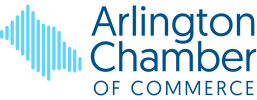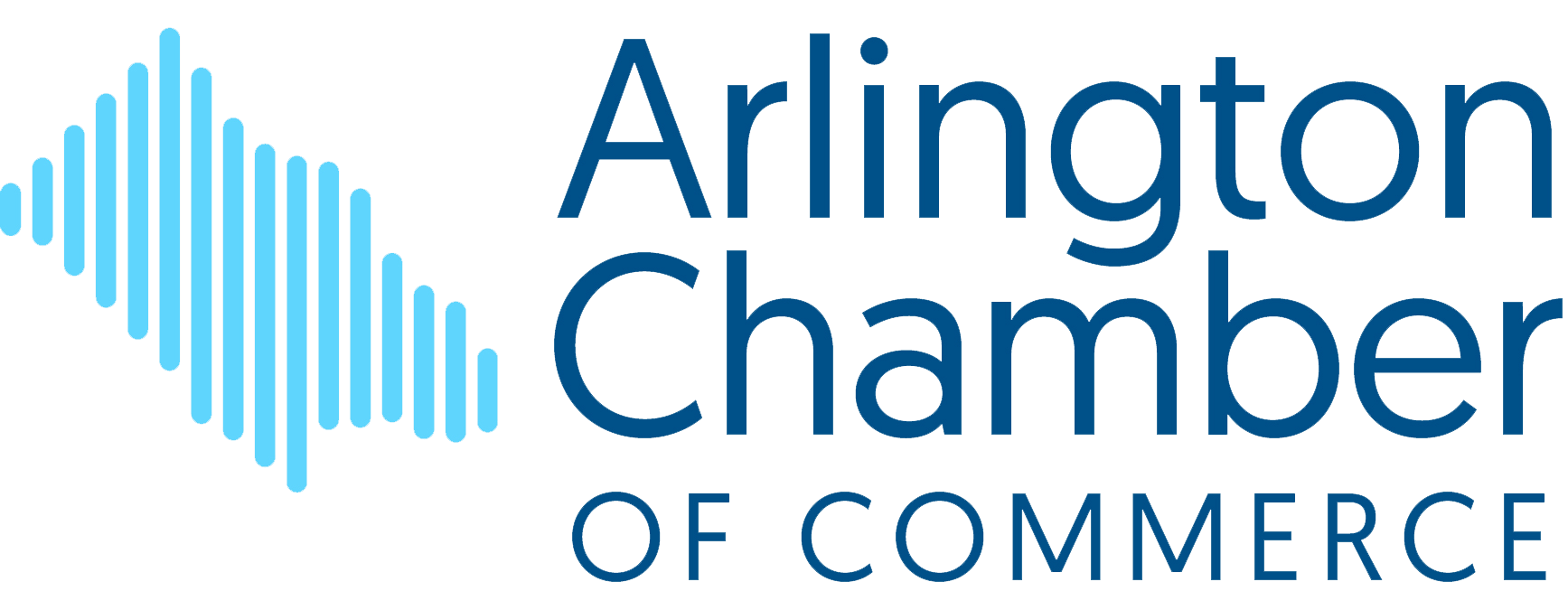Ask a business owner what keeps them up at night, and they're likely to mention talent management—not just the challenges that come with finding great employees, but also hiring and keeping them. The competition for top talent is, indeed, fierce. And in the face of this, more and more progressive employers are tapping the power of the "disability dividend" by proactively hiring employees with disabilities and fostering disability-inclusive workplace cultures.
If you're unfamiliar with the benefits of hiring people with disabilities, just ask some of the many companies already reaping the rewards, from SAP to Walgreens. They'll all tell you that proactively hiring and advancing employees with disabilities—including veterans—makes good business sense. As Mark Wafer, a Tim Hortons franchise owner puts it, "workers with disabilities are more productive, work more safely, stay longer, require less supervision, are more innovative and have less absenteeism." More innovative, indeed. Because people with disabilities are often accustomed to thinking creatively, they tend to be skilled problem solvers with a demonstrated ability to adapt to different situations and circumstances.
Diversifying your workforce with employees with disabilities can deliver another benefit, as well—a slice of a trillion dollar market segment. You see, people with disabilities represent the third largest market segment in the U.S. So employees with disabilities can help businesses gain a better understanding of how to meet the needs of an important and expanding customer base.
If you're a federal contractor, which many Arlington Chamber members are, there's an additional and very important reason to foster a culture of inclusion—the law. In 2014, updates to Section 503 of the Rehabilitation Act took effect, requiring federal contractors and subcontractors to increase their efforts torecruit and retain qualified people with disabilities. And if you aren’t a federal contractor or subcontractor but perhaps want to be in the future, taking steps to increase your company’s inclusion of people with disabilities now may provide a competitive edge later.
The updates to Section 503 have sparked increased demand for tools and resources related to disability inclusion. So how can you get started? Here are five steps you can take toward a disability-diverse workforce:
1. Check out the Steps to Success: Not all businesses—particularly small ones—know where to start on this journey. That's why the U.S. Department of Labor's Office of Disability Employment Policy (DOL/ODEP) created Small Business & Disability Employment: Steps to Success. This free, online toolkit provides a path to an inclusive workplace, outlining effective small business strategies for hiring and advancing qualified people with disabilities.
2. Connect with EARN: The Employer Assistance and Resource Network on Disability Inclusion (EARN) is a free resource for employers seeking to recruit, hire, retain and advance qualified employees with disabilities. Take a look at EARN's website (AskEARN.org), subscribe to its newsletter, tune in to its webinars, and read about other employers who are getting it right.
3. Subscribe to Business Sense: Created as a ready resource for small business owners and entrepreneurs, ODEP's Business Sense newsletter provides an inside track for all employers on the latest information related to disability employment.
4. Leverage local partnerships to find job candidates: A key strategy for finding qualified candidates with disabilities is building relationships with local recruitment sources, such as vocational rehabilitation specialists, American Job Centers, disability and veterans service providers, and other organizations. Start with the Arlington Employment Center and the ENDependence Center of Northern Virginia. Another great resource is Chamber Board member Linda Chandler, whose company Linden Resourcesworks to expand employment opportunities for people with disabilities right here in Arlington.
5. Hire interns with disabilities. Research shows that employers who have internships for people with disabilities are 4.5 times more likely to hire a person with a disability than those who do not, making it a wonderful gateway to a more inclusive workplace. Check out theseresources to connect with intern candidates and learn more about internships and mentoring programs for people with disabilities.
While there is certainly more to tapping the talents of workers with disabilities, these are just a few steps in the right direction that you can take right now. The key takeaway is that disability diversity is great for business. It's your key to an untapped talent pool, and an effective way to add value to our workplaces and the Arlington community at large.


 RSS Feed
RSS Feed
